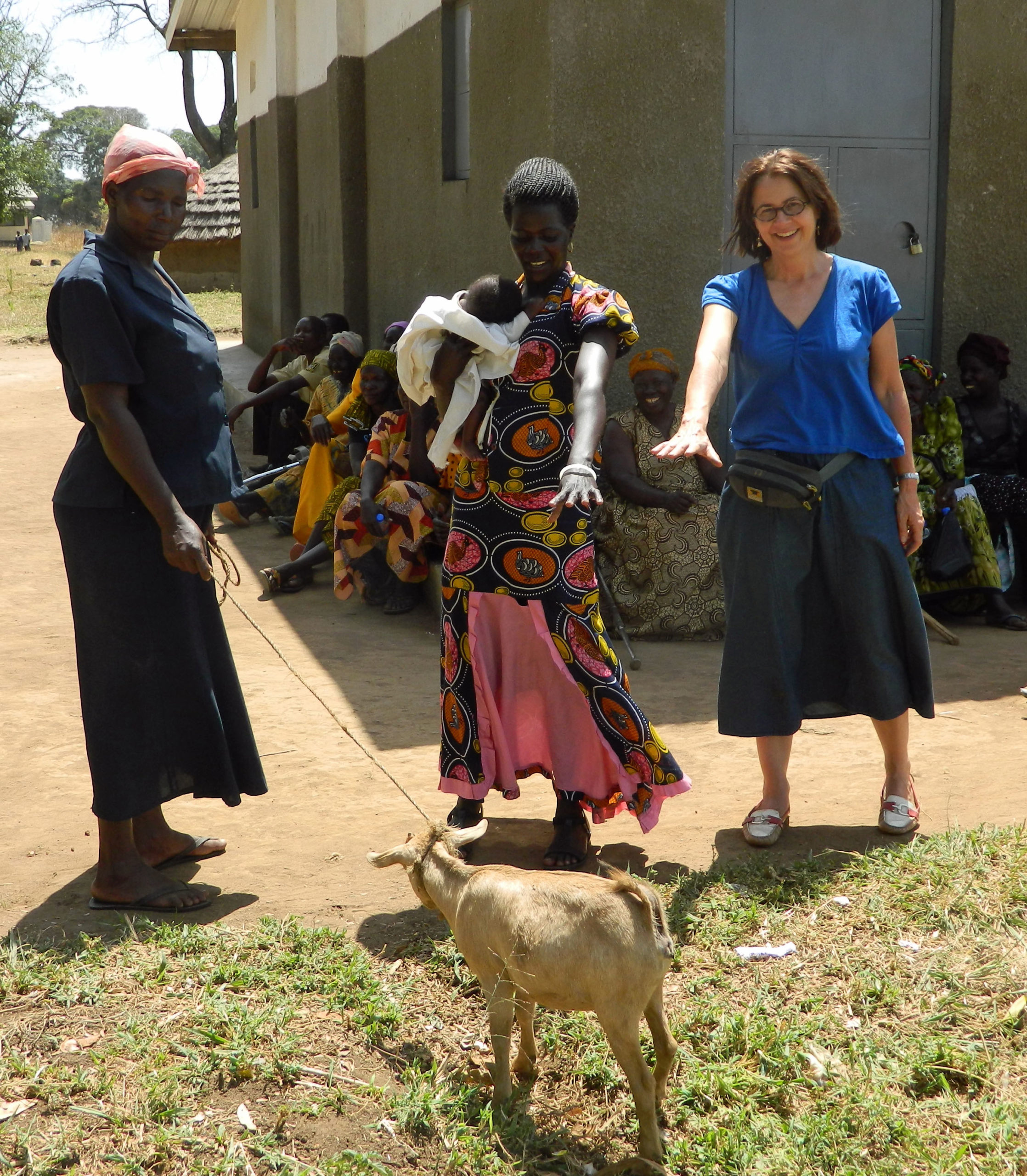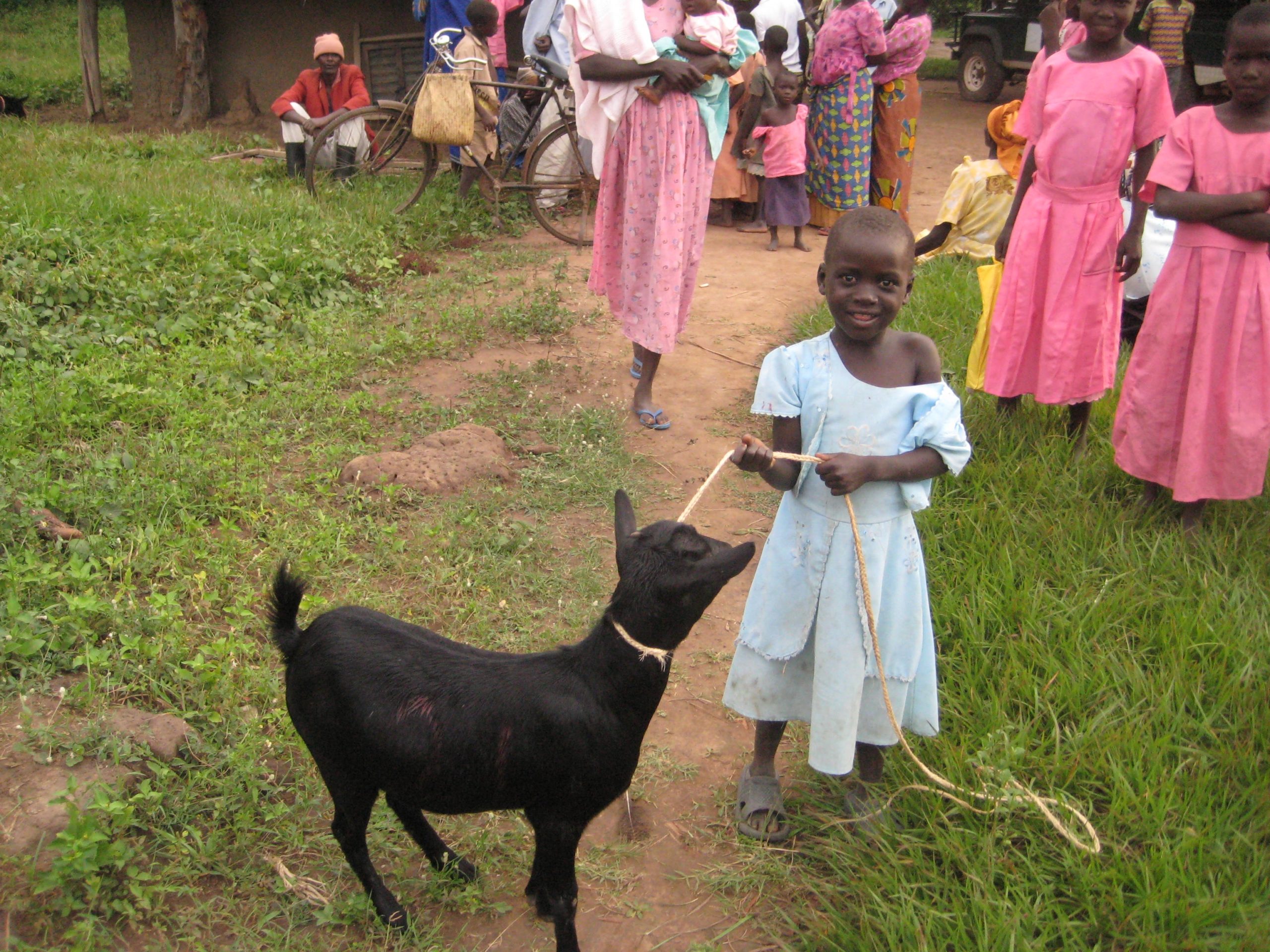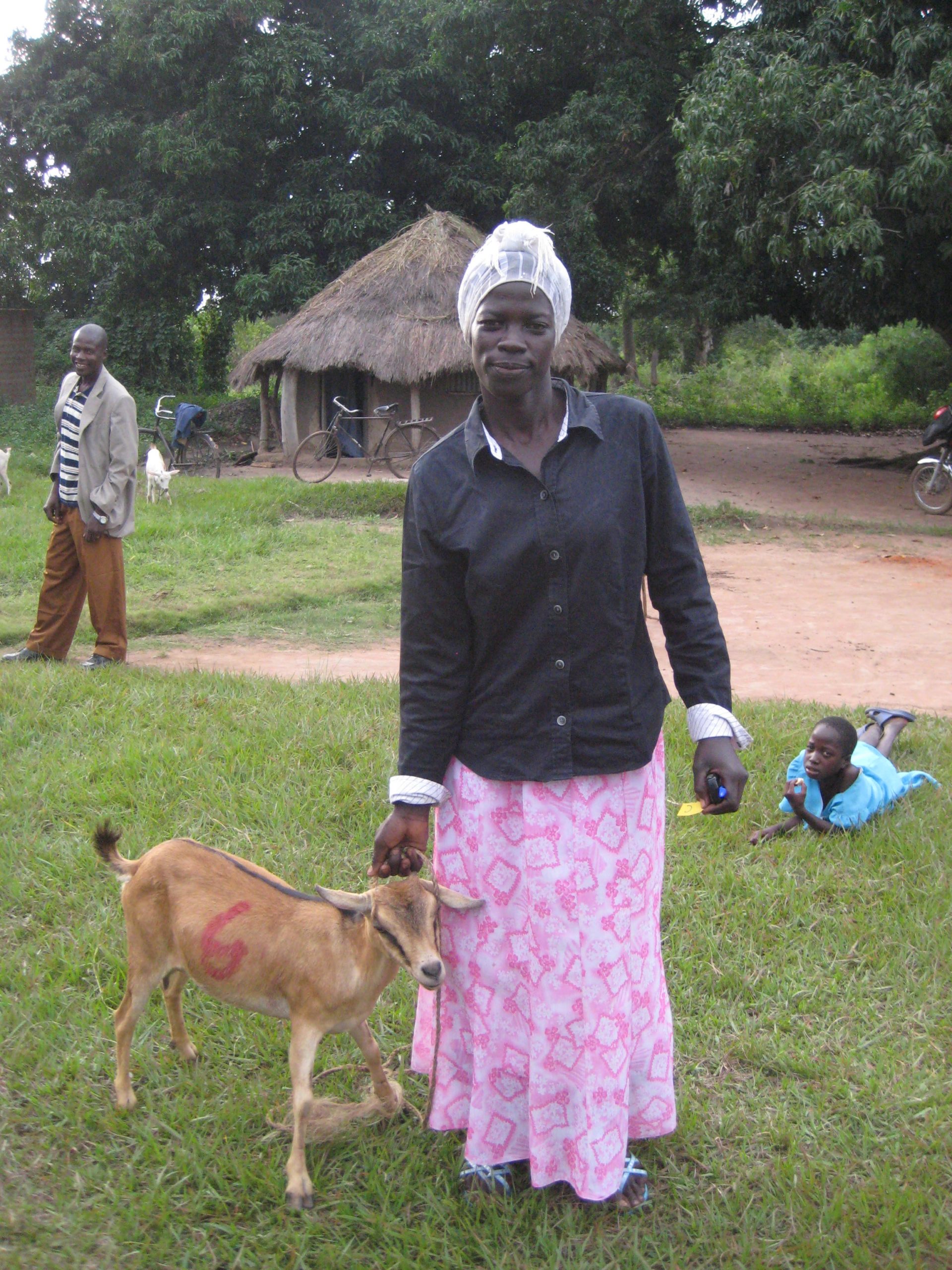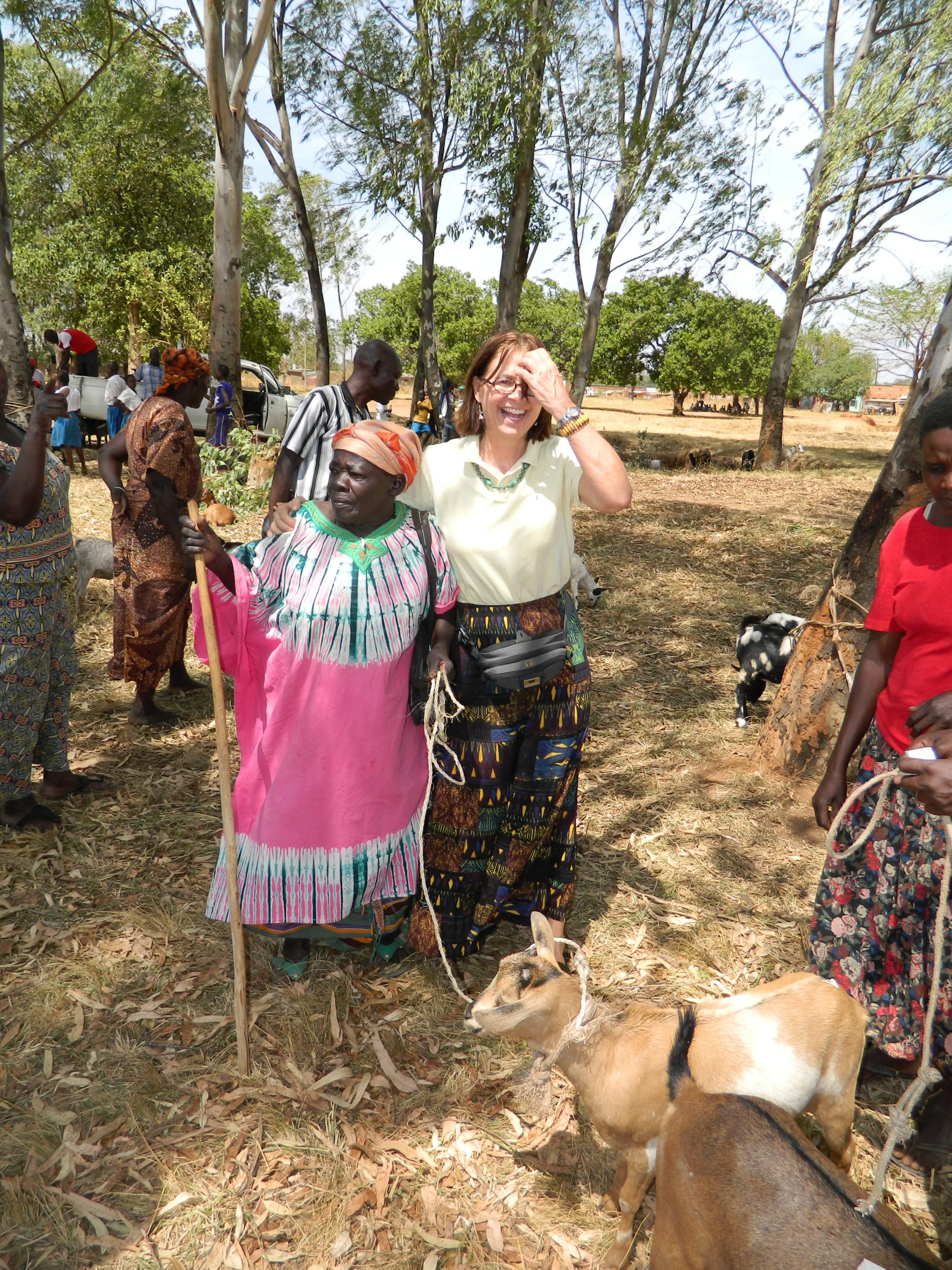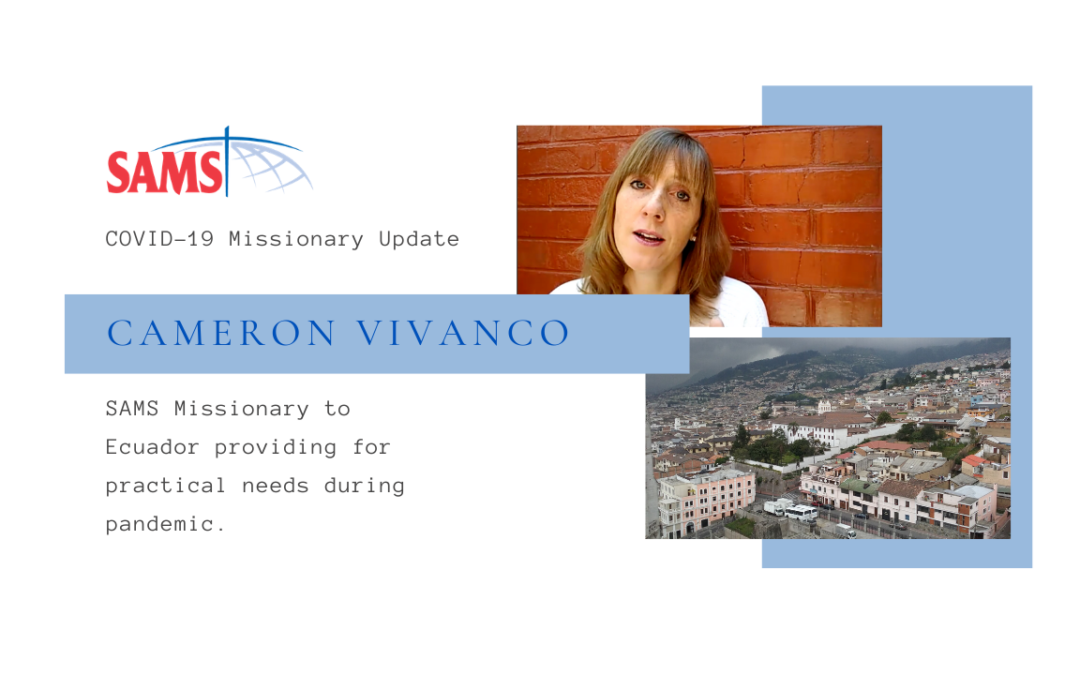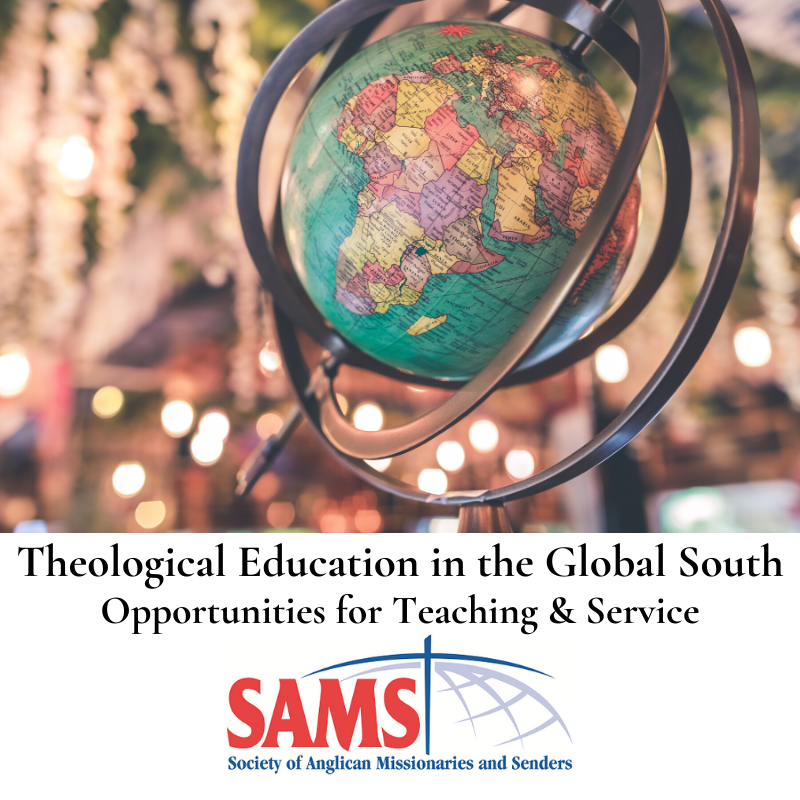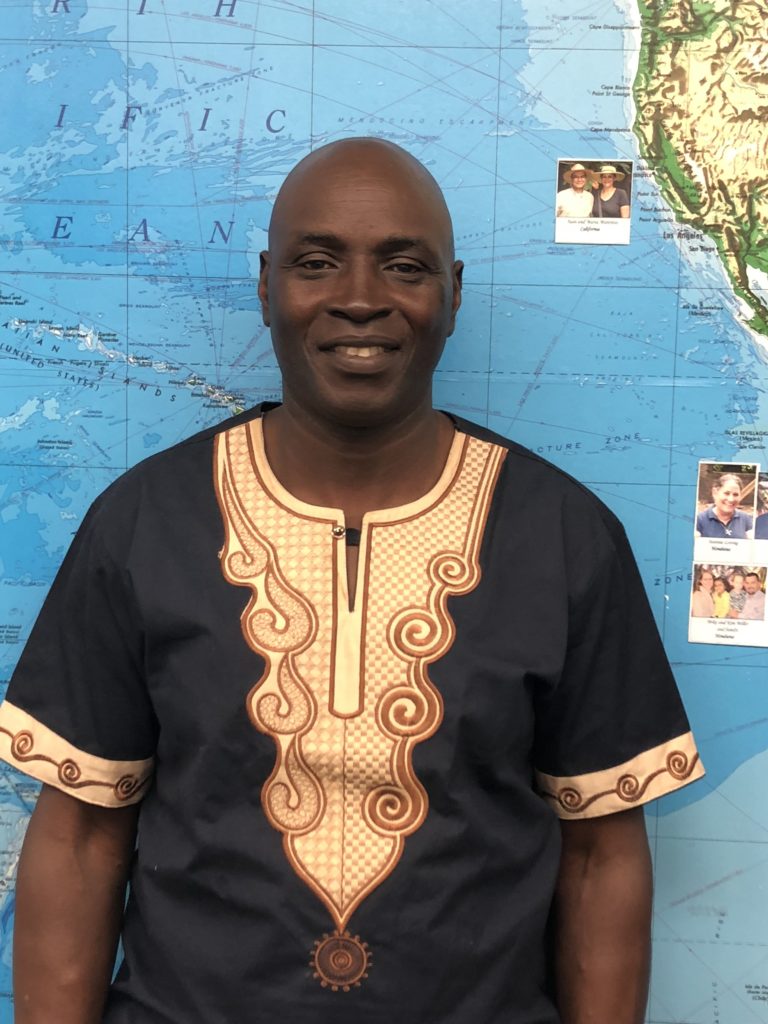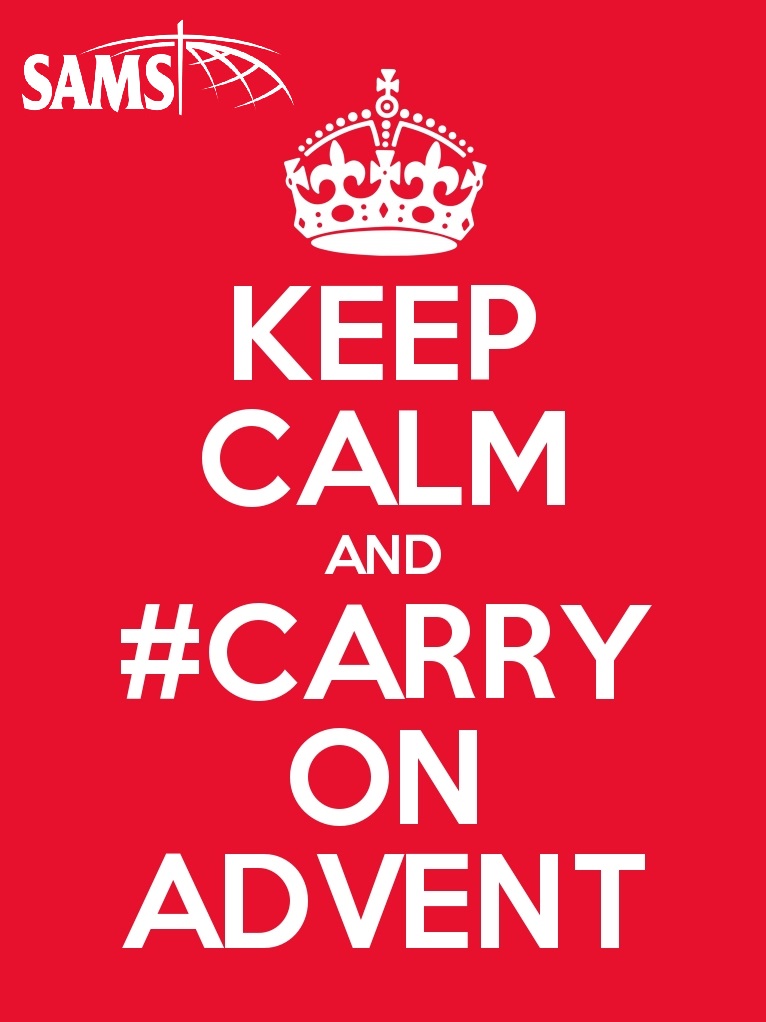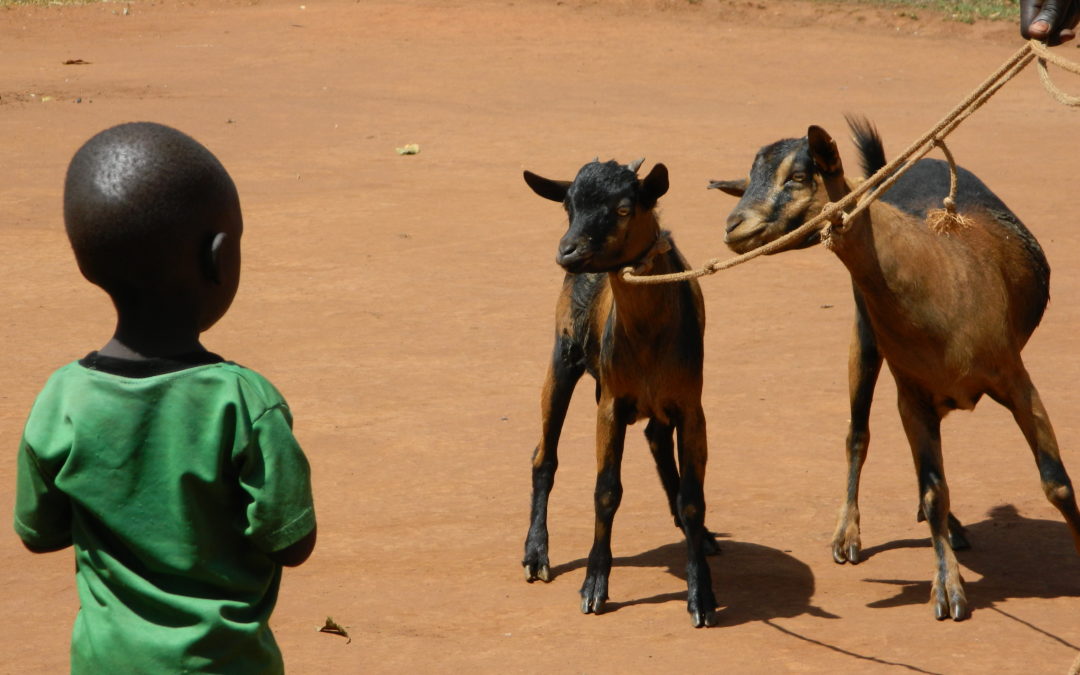
Goats, the Gospel, & COVID-19
The van door slid open and as Dr. Mary stepped out, a deafening cry arose from the village grandmother as she hurriedly shuffled towards us, shaking her cane in the air in an enthusiastic greeting. The other women quickly took up the welcome cry and soon Dr. Mary was engulfed in an excited swarm of villagers, all eager to welcome her back to St. Luke’s Church in Gulu, Uganda. Two years earlier, Dr. Mary had taught an animal healthcare workshop and distributed female goats to parishioners as part of a revolving goat loan. Villagers are required to return the first female goat offspring back in to the program as payment for their goat loan, and then they are free to keep all goat offspring after that. The goats (and the knowledge of how to properly take care of them) provide a sustainable source of income for the villagers, empowering them to start climbing out of material poverty. The income earned from the goats allows these villagers to buy enough food to have a daily meal, or pay school fees and provide an education for their children, or pay for basic healthcare needs, and so much more. It is no wonder at all that Dr. Mary was received with such joy. She had revolutionized this little community by encouraging them in their faith and by providing for their physical needs. In front of my very eyes, she was living out Jesus’ words, “Whatever you did for the least of these, you did for me.” (Matthew 25:40)
Our team was ushered into the church and greeted warmly by the men of the village. As the day’s training lessons began, we had the wonderful privilege of hearing testimonies from community members who had received a goat from the previous distributions. One lady stood proudly at the front of the church and shared how she had not received a goat during the initial distribution, but she had waited patiently for someone to return a goat back into the program for her to take home. After much waiting, she was overjoyed to receive her very own goat kid. Unfortunately, a few weeks later the goat broke loose from its rope and wandered into a latrine pit where it died. The owner was devastated. Patiently, she waited to receive another goat. God was faithful to provide for her need, and she soon was given a new goat. In less than two years, her goat produced eight goat kids!! She was so deeply grateful for this gift that when her time came to pay back her loan, she returned two goats back into the program instead of just one! Truly, the Lord loves a cheerful giver and has blessed her generosity.
We proceeded with the training, a repeat of the workshop we had done with the Batwa. The Acholi people of this Gulu community sat attentively in their church pews, soaking up every word of instruction and laughing hysterically at our whimsical “goat birthing” demonstration skits. Dr. Mary reiterated to this group that we are blessed in order that we may be a blessing to others (Genesis 12:2-3). The success of the revolving goat loan program depends on this concept. If we hoard all the blessings we are given, the blessings cease to flow and no one else will benefit. But if we bless others out of the blessings we have been given, the blessings continue to flow through us and reach many more lives. The congregation of St. Luke’s understood this message and lived it out, as they had already given over 50 goats back into the program. After the training workshop, we were approached by a young man named Boniface. He had come to thank us for teaching him the basics of how to care for a goat. “I have not received a goat from the program yet,” he explained, “but I think the knowledge that I received today is worth far more to me than receiving a goat today. I will continue to wait for a goat, but even if I do not get one through this program, I know that I can now properly take care of a goat, and maybe one day I can buy one. Thank you so much for teaching me!”
“Think of giving not as a duty but as a privilege.” ~John D. Rockefeller Jr.
The story above is about the ministry of SAMS Missionary Rev. Dr. Mary McDonald. Her former student Lina Godine wrote this account after a mission trip to Uganda. Mary, a veterinarian and deacon, organizes a health and economic development outreach in Gulu, Uganda. Over the past ten years she has been doing goat revolving loans with the poor. In this picture, she and some women pray a blessing over a goat. During the training and the distribution of “Gospel Goats” the good news is shared. Many come to know Christ as their Lord and Savior. As part of our World Relief Initiative, Mary and SAMS are helping the Anglican Diocese of Northern Uganda to provide food for families struggling under COVID-19 lockdown. Food relief enables families to continue to raise their goats for milk rather than for meat. Also, funds are being sent to the diocese to provide more goats to needy families. In this situation, the World Relief Fund provides both short-term relief and long-term development.
